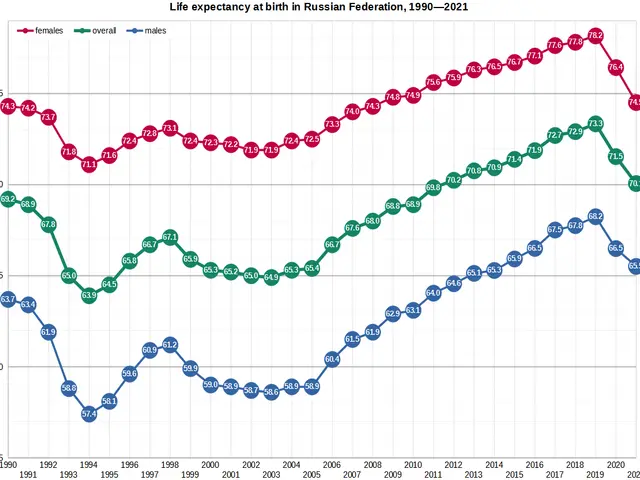Title: Understanding Potential Threats to Your Security Due to New EU Rules
The Financial Action Task Force's (FATF) Travel Rule stirs debates on striking a balance between regulating financial activities and respecting user privacy. This regulation, initially designed for traditional finance in 2012 and now extended to bitcoin transactions, commands compliance from entities like Virtual Asset Service Providers (VASPs).
VASPs are required to gather Know Your Customer (KYC) information, a move criticized as undermining bitcoin's principles of privacy and financial autonomy. As the first and widely adopted digital currency, bitcoin offers a decentralized, immutable ledger, providing accountability without revealing sensitive details.
Applying the Travel Rule to bitcoin overlooks its purpose as a censorship-resistant monetary network. It threatens to transform bitcoin into a surveillance tool, jeopardizing the very freedoms it was designed to support.
Bitcoin users already struggle with protecting their financial privacy. The Travel Rule exacerbates these challenges by requiring verifying wallet ownership and collecting personal data, often in conflict with bitcoin's core ideals. Mandatory compliance could push users towards centralized custodians, exposing them to risks such as hacking, data breaches, and authoritarian surveillance.
The Travel Rule's focus on eroding privacy remains the most contentious issue. Requiring VASPs to forward KYC data to other VASPs involves surrendering personal information to an expanding list of third parties. Effective in Pakistan, the rule may also create barriers to entry for financially isolated populations and punish those evading authoritarian regimes.

In the wake of the Travel Rule's implementation, the UK and EU set compliance deadlines, leading to operational burdens disproportionately impacting smaller institutions. Proposed measures like collecting data on all unhosted wallet transactions could drive legitimate financial activity underground.
Studies suggest the Travel Rule's effectiveness in curbing money laundering is limited, as illustrated by its stagnant 2-5% of GDP estimate since 1998. Meanwhile, centralizing KYC data increases the risk of cyberattacks and single points of failure, where leaked data becomes a target for corrupt regimes or criminal groups.
To balance the Travel Rule's applications, experts propose exemptions for smaller transactions, while technological solutions like zero-knowledge proofs may alleviate data transmission requirements while preserving privacy.
There is a need for clear evidence demonstrating the Travel Rule's impact, with ongoing public studies to inform policy decisions. A cautious approach will help secure the future of finance, focusing on transparency without compromising business and individual freedoms.
- Although some argue that 'eu at risk' of money laundering with cryptocurrencies, the effectiveness of the Travel Rule in curbing this issue is disputed, with studies suggesting its impact has remained stagnant at around 2-5% of GDP since 1998.
- The 'regulation' of bitcoin transactions through the Travel Rule raises concerns about 'data privacy in finance', as mandatory compliance involves collecting personal data, which may conflict with bitcoin's core ideals.
- The Travel Rule, now extended to bitcoin transactions, is a point of contention for 'authoritarian governments' that seek to monitor financial activities, as it requires entities to forward KYC data to other virtual asset service providers.
- 'Bitcoin price' fluctuations are another concern for users, as they may be pushed towards centralized custodians due to the operational burdens and increased risks associated with complying with the Travel Rule.
- The UK and EU have set compliance deadlines for the Travel Rule, posing operational challenges for smaller institutions, leading critics to propose 'technological solutions' like zero-knowledge proofs to alleviate data transmission requirements while protecting user privacy.








